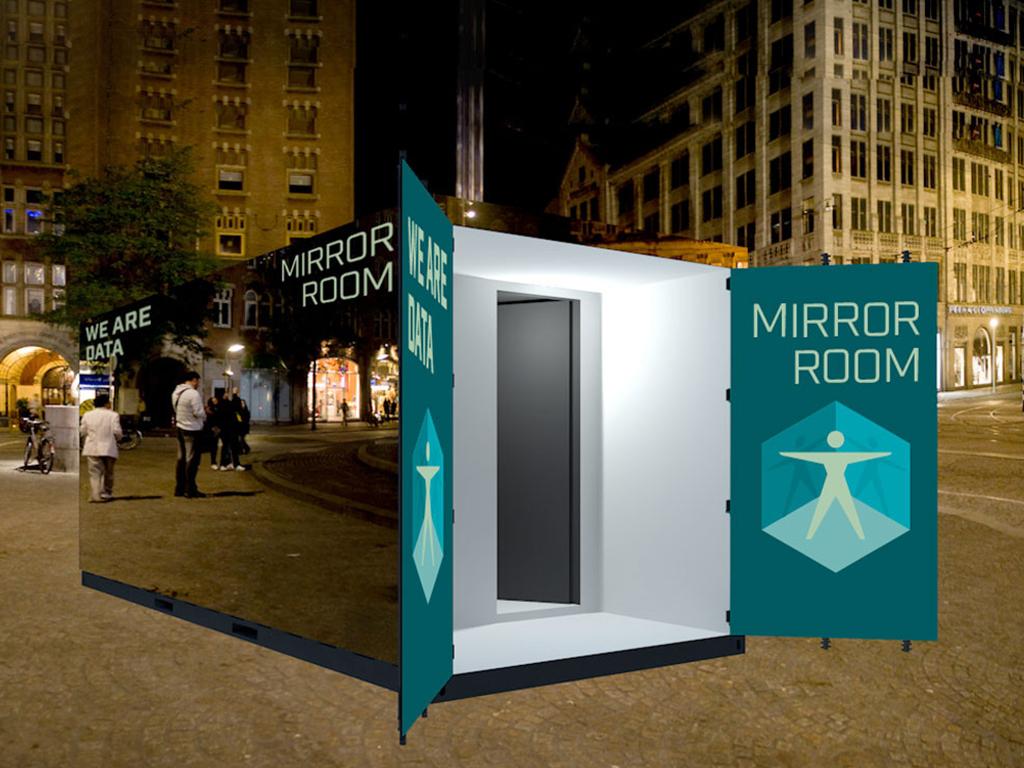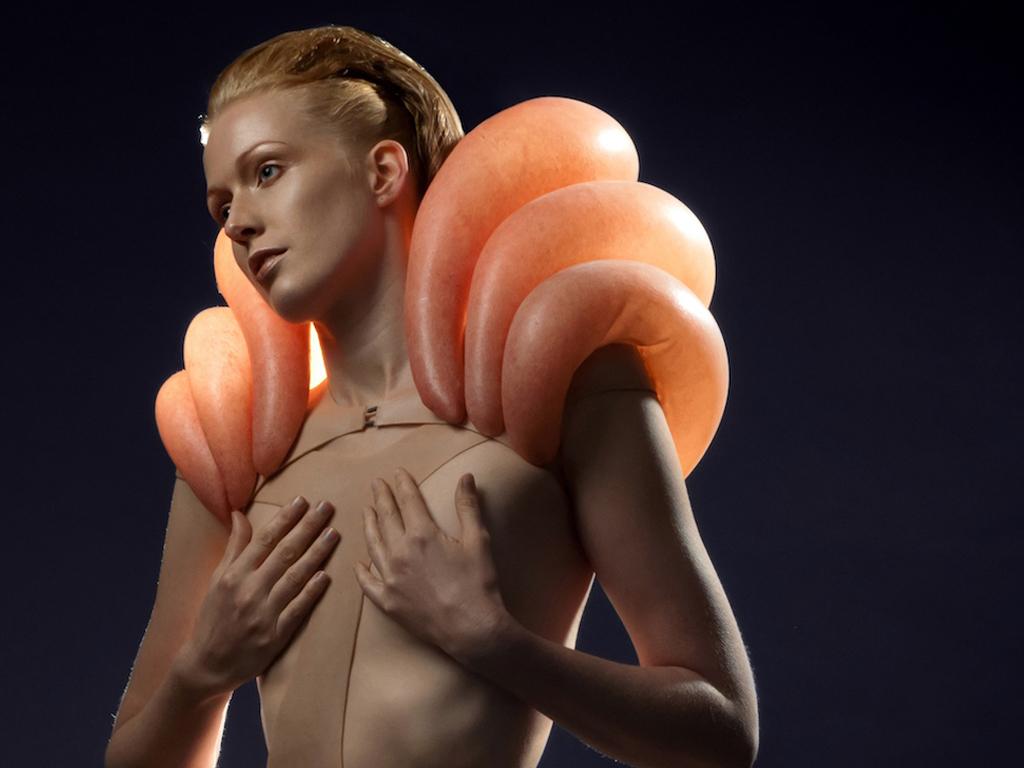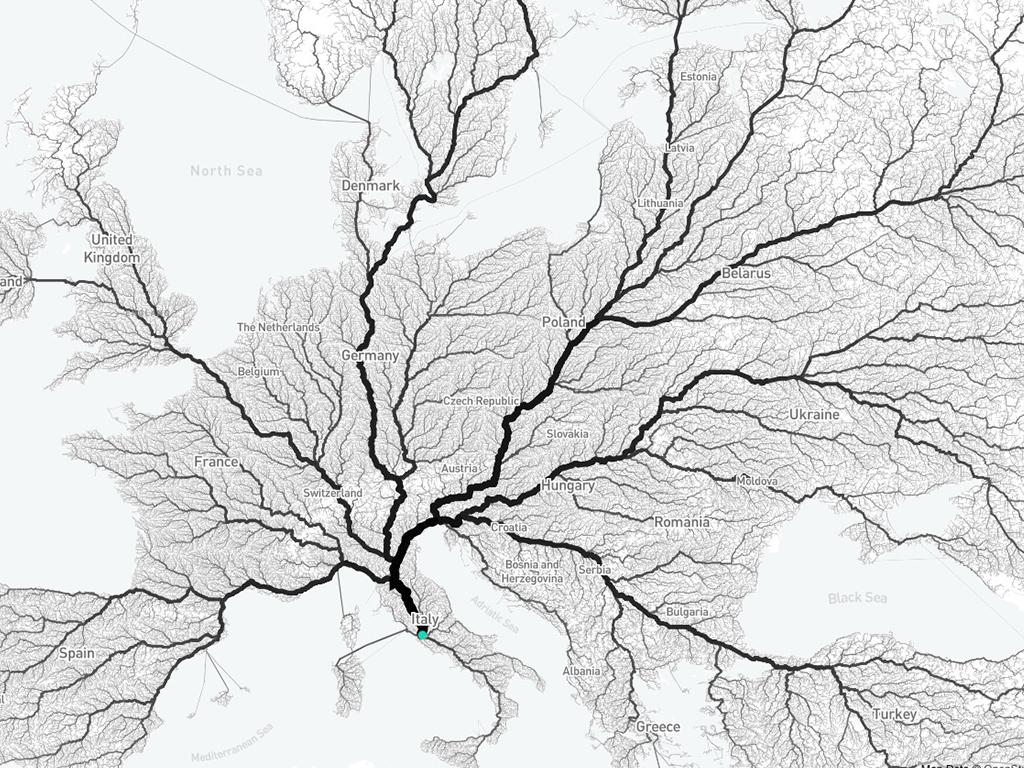A guest blog by Cira Pérez Barés
The We are Data event gathered a full auditorium at the Pakhuis de Zwijger on Wednesday 20th of January 2016.
The evening started with the story of Peter Joosten, a man who has turned his own existence into a never-ending experiment by measuring every parameter of his body. It all began two years ago after a frustrating running session in which his smart watch broke down. He was so upset about it that he stopped running and went straight home. Instead of forgetting about technological support and embracing the natural way to feel his body, he turned into a data addict, convinced that everything could and should be measured for an improvement of his life in a quest for becoming superhuman.
He defines himself as a very curious person who likes technology. His goal is to attain the whole potential of his life by including, excluding or optimizing certain behaviours — based on facts. Every day he measures what he eats, the quality of his sleep and his heart rate variations. He performs experiments every month and tests all the new self-tracking devices he can find. Joosten documents all of it in his blog projectleven.nl. “I’m a data addict to a large extent. It gives me a sense of control” — he said. When asked if this doesn’t constrain his freedom, he assertively replies: “For me the freedom lays in the numbers, in my retrospective analysis”.
Powerful force
But where does data start to give us a false sense of security or control? At what point do we need to start or stop the obsession for improvement? And most importantly, is every aspect of our lives based on success or optimization? Jelte Timmer, a researcher from the Rathenau Instituut, introduced a more cautious approach to what data means for us. He warned about oversimplifying, about thinking only in terms of numbers and thus forgetting other social elements of our existence. He also raised the question regarding the anxiety of a constant stream of information that feeds our hungry data stomachs. “Data is a powerful force, but don’t fall into the trap of thinking that data means everything”.
Data overflow
So in this scenario of data overflow, how can we understand what personal data means to us? The Mirror Room is an installation created by documentarian Thomas Blom and designer Tijl Akkermans in an attempt to answer this question. The experience will give the visitors the opportunity to understand what it means to “become data” and its relevance to personal privacy. The main component of the installation is a facial recognition system that analyses our emotional states by scanning the intricate movements of our facial muscles in real-time. The visitor enters an immersive space surrounded by mirrors. Behind the mirrors the system’s software processes the physical interactions and matches them with personality traits. At the end of the process the conclusions about the personality of the user are displayed and participants are asked whether they want to share them or not. “In the outside world we don’t always have this choice. Data collection is everywhere, and much of it without our awareness,” says Akkermans. The Mirror Room will be launched in Amsterdam in April and on tour in Holland until the fall of 2017.
Sensory substitution
Tjerk Kostelijk is the technical architect of The Mirror Room. He works at VicarVision — a tech company that aims for a vicarious perception. He talked about sensory substitution, seeing by feeling tactile vibrations. This is what the new prototype they are testing is trying to achieve, with the goal of helping blind people to perceive information from their environment. The system combines the facial recognition software with a belt that transforms the visual information into tactile vibrations. This exciting project is an example of the motivations of his creator “To use technology for a good thing”.
More data can lead to more knowledge and new ways to help society to improve people’s lives, but it can also alter our natural human behaviour or be a threat to our freedom. It can represent an overly controlled world and raise the concern of the uncertain and opaque use of information. From the data addicted to the more sceptical views, there is as yet little consensus regarding the way we should use or interact with data. Where do you stand in regards to this subject? A voice among the crowd answered enthusiastically to this question: “Fanatically in the middle!”. Despite of the contradiction of the sentence, I totally agree.
We Are Data was number eight of the series Big, Open & Beautiful, a bi-monthly co-production of Pakhuis de Zwijger and Waag, in collaboration with We Are Data, Rathenau Institute and Baltan Laboratories.
This blog is a first guest appearance of Cira Pérez Barés, journalist and art & culture producer located in Amsterdam.


